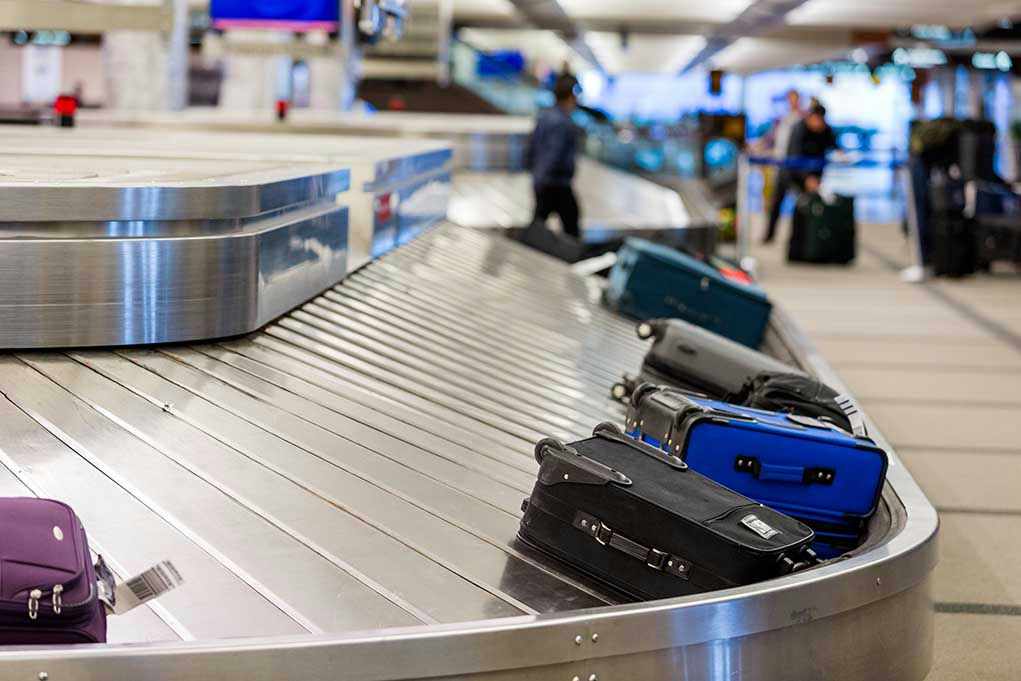
The next time you score a “great deal” on a flight, consider this: that bargain fare may be little more than an illusion—crafted by the very booking websites trusted by millions, and it could cost you far more than you bargained for.
Story Snapshot
- Major travel booking websites and airlines routinely display misleading prices and hide mandatory fees.
- Regulators like the ACCC and watchdogs such as the BBB are ramping up actions in response to waves of consumer complaints.
- Fraudulent third-party sites and fake confirmations have left travelers stranded, out of pocket, and distrustful of online travel.
- The push for transparency is disrupting the travel industry, but scams and murky practices persist.
How the Online Booking Game Became a Minefield for Travelers
Travelers searching for cheap flights in the digital age face a bewildering maze of prices, promises, and pitfalls. The explosion of online booking sites in the last two decades created a feeding frenzy for bargain hunters, but also opened the door to aggressive marketing tactics and confusing price structures. The reality behind those “from $99” airfares? Mandatory taxes, service fees, and surcharges often appear only at the final payment screen—or worse, after the transaction is complete. This tactic, known as drip pricing, has become the norm, not the exception. The result: millions of travelers across the globe are routinely paying far more than the price they clicked on, with many left feeling duped and powerless.
Scams add a dangerous new wrinkle to this confusion. Fake travel websites and fraudulent customer service lines impersonate legitimate companies, luring consumers with irresistible deals. Once a victim enters payment details, their money—and sometimes their personal information—vanish without a trace. Even bookings made through established companies like Webjet have come under scrutiny. The Australian Competition and Consumer Commission (ACCC) has taken Webjet to court, alleging years of misleading pricing and false booking confirmations that impacted hundreds of consumers. For those caught in these traps, the consequences are not just financial: canceled plans, lost vacations, and a growing distrust in online travel platforms are eroding public confidence in the industry.
The Players Behind the Curtain: Who Wins and Who Loses?
Consumers sit at the center of this web, seeking transparency and value but often left navigating half-truths and hidden costs. Legitimate booking companies use complex algorithms and eye-catching marketing to stand out in a crowded field, sometimes blurring ethical lines to gain an edge. Airlines themselves are not always innocent, either displaying unclear prices directly or quietly allowing third parties to do the dirty work. Meanwhile, a thriving underworld of scammers and fake travel agents preys on confusion and haste, siphoning off millions in fraudulent payments every year. Regulatory bodies, such as the ACCC and the Better Business Bureau (BBB), are fighting back, issuing alerts, investigating complaints, and launching legal actions. Despite these efforts, the scale and sophistication of deception continue to grow, keeping consumers perpetually on guard.
Power dynamics heavily favor the booking platforms and airlines, who control the flow of information and set the rules of engagement. Regulators and courts intervene when possible, but typically only after significant consumer harm has occurred. Credit card companies serve as the last line of defense, handling chargebacks and fraud disputes, but by then the damage is often done. At the heart of these tangled relationships, company executives and marketing teams decide just how clear or murky their pricing will be, while regulators and legal systems struggle to keep pace with evolving scams and tactics.
Regulatory Showdowns and the Push for Transparency
Recent years have seen a sharp escalation in regulatory scrutiny. The ACCC’s legal proceedings against Webjet stand as a cautionary tale for booking sites that push ethical boundaries. ACCC Chair Gina Cass-Gottlieb’s stance is unequivocal: advertised prices must reflect the real minimum price—no exceptions, no hidden extras. Such clarity, she argues, is a basic consumer right, not a bonus feature. At the same time, the BBB has been inundated with complaints about sudden price hikes, phony confirmations, and outright scams. Their warnings are blunt: verify every booking, double-check customer service numbers, and never trust a deal that seems too good to be true.
Legal proceedings are ongoing, and the industry is on notice. Consumer education campaigns and scam alerts are now commonplace, but the sheer volume of deceptive tactics means many travelers remain vulnerable. The surge in online bookings after the COVID-19 pandemic only intensified these challenges, as travel-hungry consumers rushed into the arms of slickly marketed platforms—sometimes landing directly in the crosshairs of professional scammers.
What Lies Ahead: Shifting Sands and Lessons for Travelers
The fallout from misleading pricing and booking scams extends far beyond individual travelers. Short-term impacts include financial loss and ruined plans, but the longer-term consequences may reshape the industry. Regulatory pressure could force booking platforms and airlines to adopt clearer, more honest pricing. Alternatively, competition could spur even more sophisticated forms of deception as companies vie for market share. The travel sector’s reputation is on the line, and consumer trust is its most fragile asset.
For travelers, vigilance is now essential. The days of simply clicking “book now” and expecting transparency are over. Scrutinize every fee, confirm every booking directly with the airline or hotel, and treat every deal with a dose of skepticism. As the regulatory and legal battles play out, the best defense may be a well-informed traveler, one who knows that in the world of online bookings, what you see is rarely what you get.
Sources:
ACCC media release on Webjet misleading claims
BBB warning on third-party airline ticket booking scams
ABC13 report on fake flight ticket websites
ABC7 Chicago report on travel website scams














